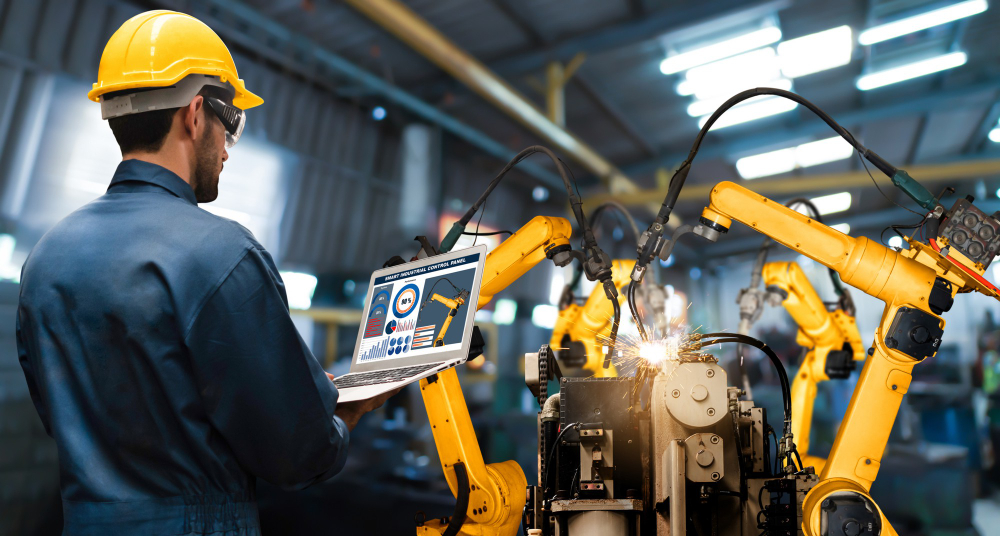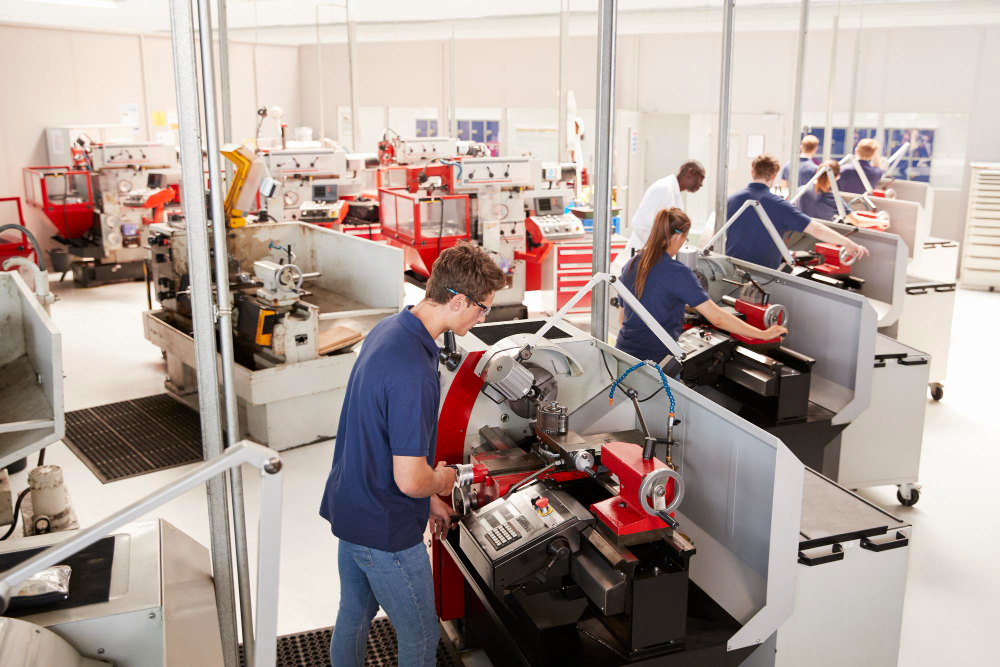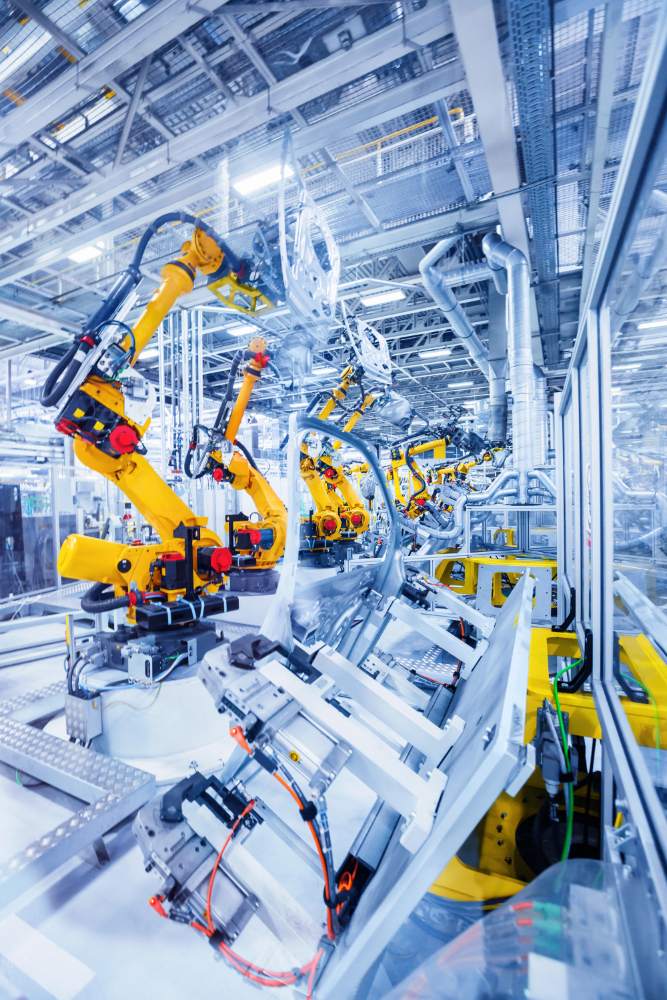
Drive Your Future Forward with an Automotive and Engineering Ausbildung in Germany
Acquire the skills and expertise to excel in the dynamic world of automotive and engineering through hands-on training.
Germany has a long-standing reputation for excellence in automotive and engineering industries, making it an ideal destination to pursue vocational education in these fields. The Ausbildung programs in automotive and engineering provide you with the necessary skills, knowledge, and practical experience to excel in various roles within these sectors. Learn more about the automotive and engineering Ausbildung programs and how they can propel your career forward.
Contact Us Today
Program Overview- Automotive and Engineering Ausbildung
The automotive and engineering Ausbildung programs in Germany are designed to equip you with the technical skills and expertise required in these industries. Each program typically lasts for 3 to 3.5 years and combines theoretical education with practical training. Some popular automotive and engineering Ausbildung programs include:
Automotive Mechanic: This program focuses on vehicle maintenance, diagnostics, and repair. You will learn about engine systems, electrical components, and vehicle safety features, as well as how to use specialized tools and equipment.
Industrial Mechanic: In this program, you will learn how to install, maintain, and repair machinery and equipment used in various industries. Topics include mechanical components, hydraulics, pneumatics, and control systems.
Mechatronics Technician: This program combines elements of mechanical engineering, electrical engineering, and computer science. You will learn how to design, build, and maintain mechatronic systems, such as robotics and automation equipment.
CNC Machinist: In this program, you will learn how to operate and program computer numerical control (CNC) machines used in manufacturing. You will become proficient in reading technical drawings, selecting cutting tools, and setting up machine operations.
Electronics Technician: This program teaches you the skills needed to install, maintain, and repair electronic systems and devices. You will learn about electronic components, circuitry, and testing techniques, as well as how to troubleshoot and solve complex problems.
Embark on your journey towards a thriving career in the automotive and engineering.
Practical Training
Throughout your automotive and engineering Ausbildung, you will gain valuable practical experience by working on real-world projects and collaborating with experienced professionals. This hands-on training allows you to apply your theoretical knowledge to solve real problems, develop your technical skills, and build a strong foundation for your career in these industries.
Eligibility Requirements:
To be eligible for an automotive and engineering Ausbildung program, you must meet the following requirements:
- A secondary school leaving certificate (e.g., Realschulabschluss or Abitur) or an equivalent qualification.
- German language proficiency (at least B1 level according to the Common European Framework of Reference for Languages).
- A strong interest in automotive or engineering technologies and problem-solving.


Application Process
To apply for an automotive and engineering Ausbildung, you should follow these steps:
- Research companies and vocational schools offering the desired Ausbildung program.
- Prepare your application documents, including your CV, motivation letter, school leaving certificate, and language certificate.
- Submit your application directly to the company or vocational school.
- Attend interviews and complete any required assessments, such as aptitude tests or technical challenges.
- Accept the apprenticeship offer and begin your journey as an automotive or engineering apprentice.
Career Opportunities
After completing your automotive and engineering Ausbildung, you can pursue a successful career in various roles, such as:
- Automotive Mechanic
- Industrial Mechanic
- Mechatronics Technician
- CNC Machinist
- Electronics Technician
With further education and experience, you may advance to higher-level positions, such as engineering project manager, technical specialist, or production manager.
The Best German Language Classes in Kerala
For Admission Related Queries
(Only for INDIAN Nationals)

